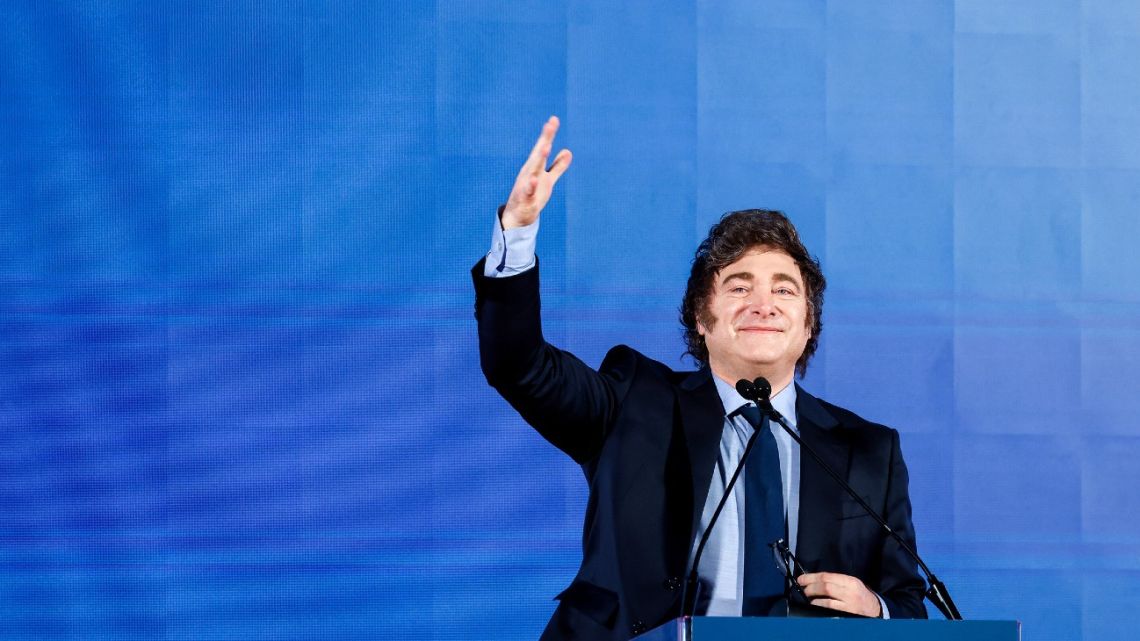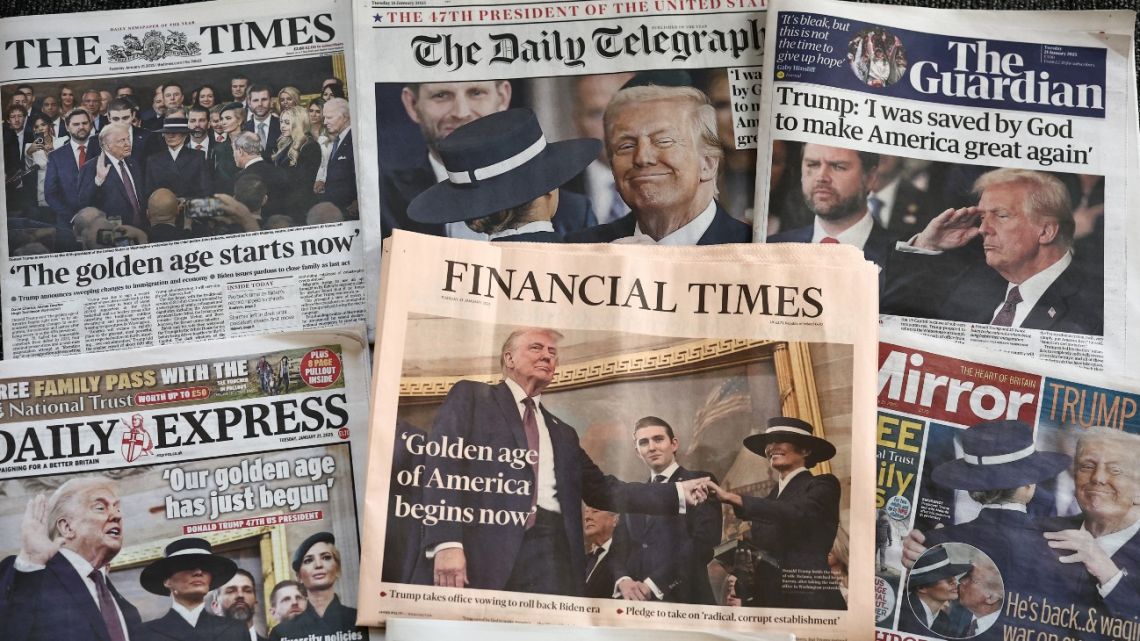On January 20, 2025, U.S. President Donald Trump announced a national energy emergency, emphasizing a return to fossil fuels over renewable energy.
His administration plans to increase oil production, fill strategic reserves, and boost exports. This policy shift challenges the global trend toward decarbonization and could influence international energy markets and trade balances.
While analysts argue it is too early to predict the full impact on oil prices, Trump’s measures may lead to increased U.S. oil supply. Victor Arduin of Hedgepoint suggests that higher American output could lower global oil prices in the medium term.
Such a decline would directly affect Brazil, where oil accounted for $44.8 billion in exports in 2024, representing 13.3% of the country’s total exports. If prices drop, Brazil may need to significantly ramp up production to maintain its trade balance.
This would be a challenging task without substantial investments in reserve expansion. Brazil aims to increase daily oil production to 3.6 million barrels by 2025, up from an average of 3.4 million barrels in 2024.
 Brazil’s Oil Exports at Risk as U.S. Shifts Energy Policy. (Photo Internet reproduction)
Brazil’s Oil Exports at Risk as U.S. Shifts Energy Policy. (Photo Internet reproduction)However, this goal depends on overcoming investment and capacity constraints. Meanwhile, Trump’s policies could also slow renewable energy projects globally, particularly in regions under strong U.S. influence.
Brazil’s Renewable Energy Focus
Brazilian officials anticipated Trump’s hardline stance on fossil fuels and his withdrawal from the Paris Climate Agreement. Environment Minister Marina Silva described these developments as “challenging times” for global climate action.
However, she emphasized Brazil’s commitment to renewable energy and international cooperation. At the World Economic Forum in Davos, Brazil’s Energy Minister Alexandre Silveira is positioning the country as a prime destination for green investments.
He highlighted opportunities in hydrogen, biofuels, and solar and wind power. Trump’s focus on hydrocarbons underscores a broader tension between economic priorities and environmental goals.
As nations navigate these dynamics, the interplay between fossil fuels and renewable energy will remain critical for investors, policymakers, and global markets alike.

 By The Rio Times | Created at 2025-01-21 10:36:30 | Updated at 2025-01-21 14:03:19
3 hours ago
By The Rio Times | Created at 2025-01-21 10:36:30 | Updated at 2025-01-21 14:03:19
3 hours ago








